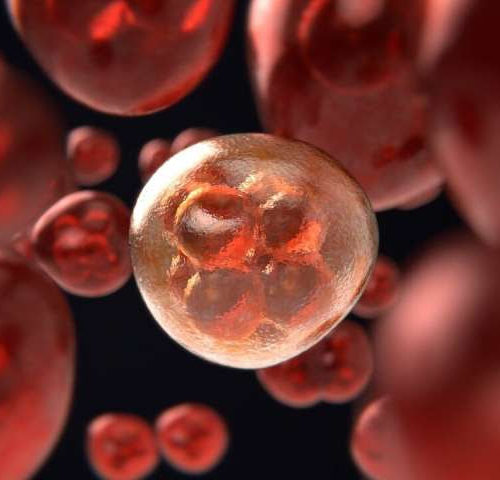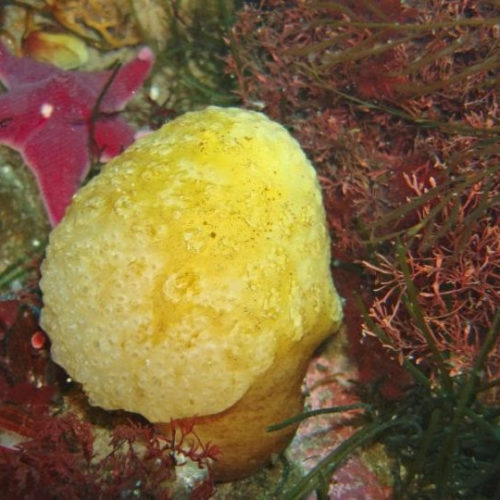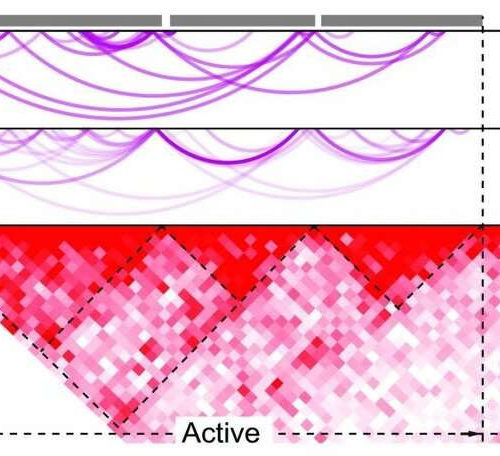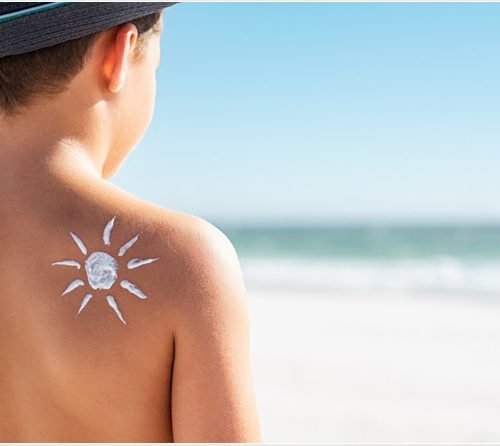Maryann Mikhail, MD. Dr. Mikhail is a board-certified physician in the Dr. Phillip Frost Department of Dermatology and Cutaneous Surgery at the University of Miami Miller School of Medicine. As a North African American, I grew up thinking that my dark skin made me invincible to skin cancer. It wasn’t until my first week of...
Tag: <span>skin cancer</span>
Increasing the effectiveness of immunotherapy against skin cancer
by University of Bern The melanoma is a malignant tumor of the pigment cells. If diagnosed early, the tumor can be removed completely—and the chances of recovery are good. But in later stages, when the tumor has already spread or formed metastases in other parts of the body, the prospects become worse for those affected. No...
Species could hold a cure for melanoma, the most dangerous type of skin cancer
Could the cure for melanoma — the most dangerous type of skin cancer — be a compound derived from a marine invertebrate that lives at the bottom of the ocean? National Science Foundation-funded scientists led by Alison Murray of the Desert Research Institute in Reno, Nevada, think so. They’re looking to the microbiome of an...
A different Chia-PET provides insight into prostate cancer
by UT Southwestern Medical Center This graphic illustrates three-dimensional genome organization maps obtained form a representative metastatic cancer cell line. Credit: UT Southwestern Medical Center UT Southwestern researchers have identified vast webs of small snippets of the genome that interact with each other and with genes to promote prostate cancer. Their findings, published June 22...
Skin cancer: men are genetically more prone
As COVID-19 restrictions loosen this summer, Canadians will spend more time outdoors and make the most of the sunshine. A new study from McGill University suggests why men may be more genetically prone to develop skin cancer. The research led by Professor Ian Watson of McGill’s Goodman Cancer Research Centre (GCRC), published in the journal...
Wearable patch may provide new treatment option for skin cancer
WEST LAFAYETTE, Ind. – Conventional melanoma therapies, including chemotherapy and radiotherapy, suffer from the toxicity and side effects of repeated treatments due to the aggressive and recurrent nature of melanoma cells. Less invasive topical chemotherapies have emerged as alternatives, but their widespread uses have been hindered by both the painful size of the microneedles and...
Troublemaking ‘lesion’ singled out in UV-caused skin cancer
Finding may help explain caffeinated coffee’s link to a reduced risk of melanoma. The researchers used an enzyme from plants and marsupials to distinguish the lesion. Upon exposure to human skin, ultraviolet light from the sun almost instantly generates two types of “lesions” that damage DNA. It has long been unknown, though, whether one of...
Common Sunscreen Mistakes
Sunscreen is an essential commodity to protect the skin from harmful effects of ultraviolet (UV) rays. It is also used widely to prevent skin cancer. However, it is important to apply sunscreen appropriately to get its full benefits. Is sunlight always good? Although sunlight is vital for many physiological functions, such as vitamin D synthesis...
IU researcher makes skin cancer discovery
Scientist identifies new areas in human genomes linked to risk INDIANA UNIVERSITY SCHOOL OF MEDICINE INDIANAPOLIS — An Indiana University cancer researcher has identified eight new genomic regions that increase a person’s risk for skin cancer. Jiali Han, Ph.D., and colleagues discovered eight new loci–locations on a person’s genome–that are susceptible to the development of...
Scientists find RNA affecting skin cancer progression
PRECSIT promotes growth and spread of cutaneous squamous cell carcinoma UNIVERSITY OF TURKU Researchers at the University of Turku, Turku University Central Hospital, and Western Cancer Center (FICAN West) have discovered a new RNA molecule, PRECSIT, which regulates the growth and invasion of squamous cell carcinoma of the skin. In the future, PRECSIT could potentially...







